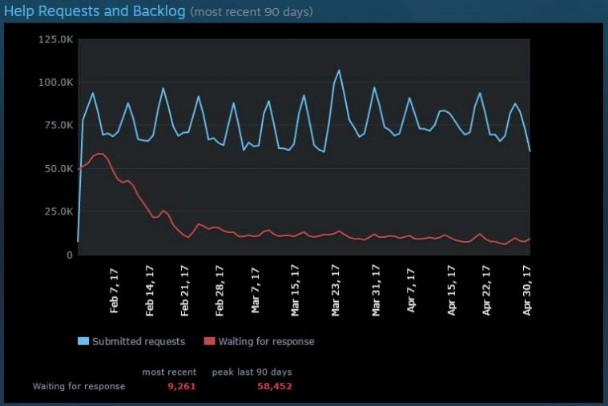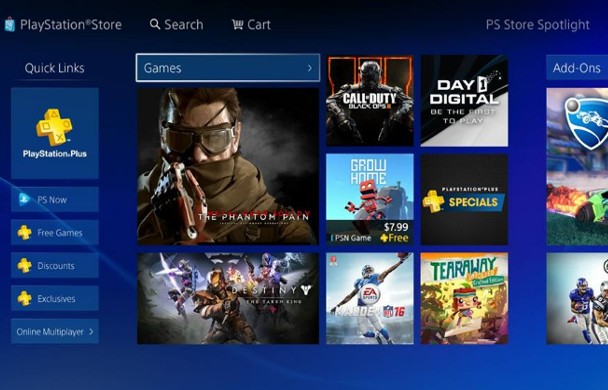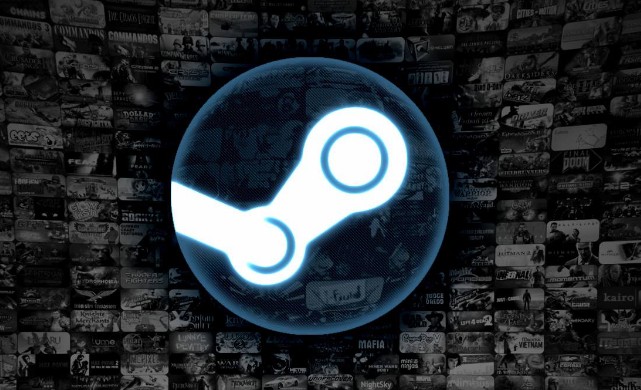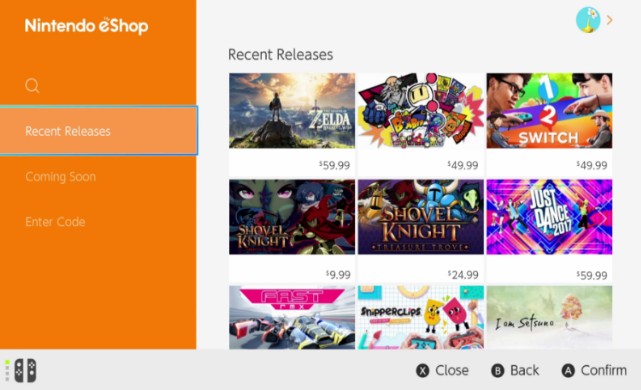In a bold, yet unsurprisingly decisive move from Valve, the distributor has decided that image isn’t everything. The team behind the world’s biggest digital gaming storefront has recently introduced a page that aggregates the number of Steam support requests they receive and work on each day. And a lot of fans are making a hubbub about it.
This seems like a small gesture that’s being blown out of proportion, right? You’re probably telling yourself: “Well, of course, Valve has plenty of help tickets to sort out… so what’s the big deal about this page?”
That’s a fair assessment, but there’s actually plenty of fuss to make about a company that’s making an active attempt to demonstrate accountability and generate transparency between it and its user base.

Let’s Clarify What Valve is Really Doing Here
The digital distributor is not only breaking down statistics to show exactly how many tickets the Steam team receives at any given time, but it’s also coming clean with how many they’re able to get done — allowing Steam users to see what the work volume from both sides of the spectrum.
It’s a concept that seems a bit out of place — and rightfully so. Despite the advancements that have been made in regards to the convenience of digital consumerism, the powers that be have never given customers this much information about what’s going on behind the scenes. How hard they’re really working to take care of the gamers that keep their businesses alive often goes unnoticed.
In short, Valve is being more transparent with its Steam users than any other top dog in the industry right now. And that’s great news for us.
This is especially true when you look specifically at refund requests. Gaming is an expensive hobby, so gamers like to educate themselves about prospective purchases before actually spending their hard-earned cash. Where we’d normally have to rely on reviews and community sentiment to help us make those decisions, Valve is giving us new insight that will keep us even more informed. Seeing how many refund requests come through for a specific game is powerful information that can really tell gamers whether they’ll be getting their money’s worth—and that’s a rare thing in an industry that seems to be more money-grubbing than ever before.
Distributors, Take Note — This Is How a Digital Marketplace Should Be Run
Is there a chance that releasing this information could negatively affect Steam’s profit margins in the long run? Certainly. But the risks involved are well worth it for the good will it’s going to create between sellers and buyers. And there are many other companies that should follow suit.
Nintendo is a prime example here. The Big N’s digital distribution practices have been lacking in a number of ways for quite some time. Its current eShop platforms don’t offer any sort of account management system that allows for transfers or back-up copies of games. And there’s a complete lack of curation that causes plenty of great games to go largely unnoticed, especially if they don’t have the marketing budget or promotional help from Nintendo. To summarize, buyers in the eShop aren’t privy to the user feedback that’s been central to Steam’s store pages. The community is inconsequential, and the buyers within it are suffering for that.
To summarize, buyers in the eShop aren’t privy to the user feedback that’s been central to Steam’s store pages. The community is inconsequential, and the buyers within it are suffering for that.
I’m not saying Nintendo should (or would) implement something as transparent (and possibly profit-damaging) as Valve’s refund request tracking. But at the very least, a download count or something similar would be a nice start, just so players can see how other players are reacting to a particular game. The eShop could even take some cues from the now-defunct Miiverse and put a thread on each store page that would allow users to engage in positive or negative discussion about the games being sold.
Doing so could cultivate a connection and a level of transparency between Nintendo and its eShop users that has never existed before.
But let’s not throw all the shade at Nintendo. As iconic as the company is, it’s still relatively new to this whole digital distribution thing. So let’s turn our keen consumerist eyes toward the other two giants in digital distribution — Microsoft and Sony.
Console Storefronts Need a Transparency Facelift, Too

Both Microsoft and Sony currently offer premium memberships that give their players access to a number of online multiplayer games and exclusive sales. And while both PlayStation Plus and Xbox Gold are novel services, neither of them has done much to serve the consumer as best they can.
Plus and Gold memberships have so much potential to be something more, like a guaranteed access to Tier 2 technical support for anything that goes wrong with the operation of your system, for example. Hell, even give exclusive access to a backlog of games that can be digitally streamed is something that we could all get behind shelling out a few extra bucks for — at least something more than what we already have and is included in the membership.
One of the more glaring omissions between Steam and these two console storefronts is the lack of curation between users, and the ability to communicate feedback on a product or service for other users to consult with.
Sure, you could say that the community groups that Sony and Microsoft offer are a step in the right direction, but what about something like Green Light? Or games getting their own store pages where players can participate in specific congress of the title and the various topics associated with them?
The liberties that Valve grants you when it comes to expressing your thoughts in these forums is another benefit that we won’t see from the other two storefronts. And it isn’t due to a lack of moderation by Valve, either — they’re fully aware of what they’re granting.
Sony and Microsoft are much too busy shifting between the roles of publicist and spin-doctor to even consider those options; These two companies believe that they only way they can succeed is to control as much player influence as they can in order to keep the consumer from getting none the savvier.
The line is undoubtedly drawn somewhere, and I’m fully aware that the inmates can’t be asked to run the asylum, but the step that Valve has taken has given us some food for thought that we should all chew on. From Nintendo to Microsoft to Sony, a little more transparency into statistics like concurrent players, refunds, and workflows — and even community engagement with native forums — would be a welcomed change.








Published: May 13, 2017 04:40 pm